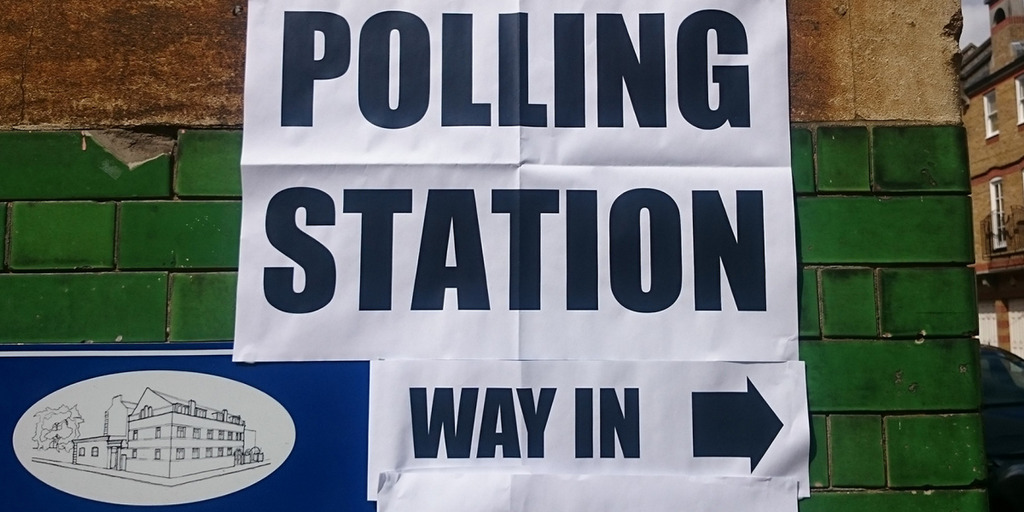"Please stay!": For EU citizens outside of the United Kingdom, a Brexit is not an option. If it happens, however, few fear specific consequences for their country. This is shown by a new survey from our "eupinions"-series, an EU-wide, representative opinion poll.
54 percent of EU citizens want the UK to remain in the EU. But the support varies from country to country. While Spain and Poland are the countries most heavily in favour of the UK remaining (64 and 61 percent), only a slight majority of citizens in Italy and Germany are supporting that (55 and 54 percent). It is the French, who can most clearly envisage an EU without their British neighbors: Here only 41 percent want the British to stay.




